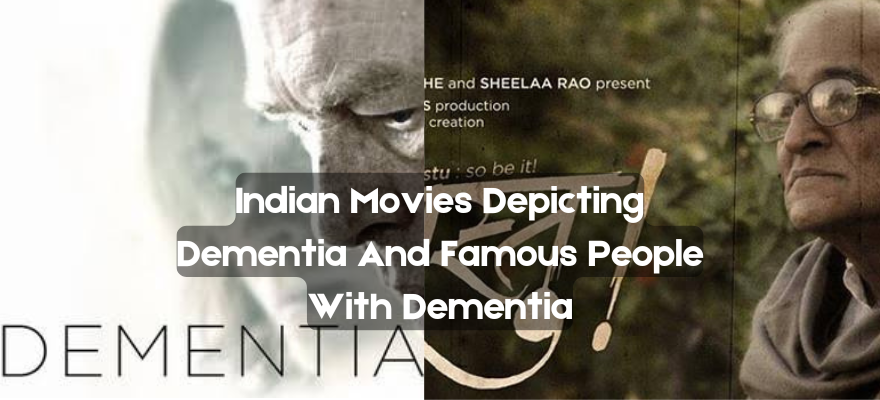Millions worldwide are impacted by dementia, a condition known for causing a decrease in cognitive functions.
In India, this topic is becoming increasingly important due to the aging population. The Indian film industry, renowned for addressing societal issues, has begun to delve into the complexities of dementia, providing a platform for awareness and compassion.
Page Contents
Illustrating the Difficulties
Multiple Indian movies have highlighted the issue of dementia. Below are some notable examples
Maine Gandhi Ko Nahin Maara (2005)
This Hindi film depicts the story of a former professor, portrayed by Anupam Kher, who is grappling with memory loss. Kher’s powerful performance illustrates the bewilderment, frustration, and emotional toll the illness takes on both the individual and their loved ones.
The Marathi movie “Astu” (2016)
The Marathi movie “Astu” goes beyond mere memory loss; it tells a poignant story about emotions and family dynamics. A family faces the decline of their mother due to dementia, depicting the emotional challenges they endure as they care for her.
“U, Me Aur Hum” (2008)
In this Hindi film, the devastating effects of dementia are portrayed as Kajol’s character gradually forgets everything. The story serves as a reminder of the importance of cherishing memories and providing love and care for those affected by this disease.
These films not only depict the struggles associated with dementia but also emphasize the significance of early detection, seeking help, and creating a supportive environment for affected individuals.
Beyond Bollywood
The exploration of dementia extends beyond Hindi cinema. Here are some notable examples from other Indian regional languages:
Godhi Banna Sadharane Mykattu (Kannada, 2016)
This touching film recounts the challenges faced by a middle-class family caring for a loved one with dementia. It effectively portrays the financial and social burdens associated with the disease
Nombarakkoodu (Malayalam, 2008)
This film sensitively addresses the phenomenon of dementia, showcasing the main character’s initial denial followed by acceptance of the diagnosis. Themes of openness and seeking professional help are also prominent messages in the film.
These regional examples highlight the universal burden of dementia and the need for collaborative solutions.
While Indian cinema plays a vital role in raising awareness, it’s crucial to address the realities of dementia beyond the silver screen.
Here’s what we can do
Education and Awareness
Spreading information about dementia through public health campaigns and community outreach programs can help reduce stigma and encourage timely diagnosis.
Support Systems
Building a robust network of support groups and professional caregivers is essential. This network can provide families with the much-needed guidance and resources.
Research and Treatment
Investing in research for dementia treatment and better care management is crucial for improving the quality of life for patients and their families.
Famous People And Dementia
Dementia is not limited to fictional characters. Several notable personalities, both nationally and internationally, have shared their struggles with dementia, including:
N.T. Rama Rao
The legendary Indian actor and politician N.T. Rama Rao publicly battled Alzheimer’s disease, raising awareness about dementia in India and beyond.
Ronald Reagan
The 40th President of the United States was diagnosed with Alzheimer’s in 1994. His experience helped bring national attention to the fight against dementia.
Providing narratives from public figures can be instrumental in normalizing dementia and fostering open discussions.
Conclusion
Indian cinema plays a critical role in raising awareness about dementia. By portraying the often painful realities faced by patients and their families, these films help cultivate understanding and empathy. However, awareness alone is insufficient.
Greater support for research, improved care structures, and increased openness are essential for building a more dementia-friendly society. Together, let’s ensure that individuals with dementia receive the care and respect they truly deserve.
